What Helps When It’s Hard to Eat

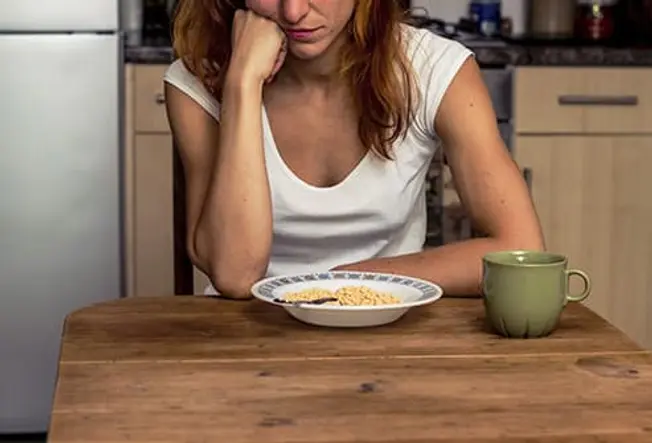
When you don't feel well, good nutrition is more important than ever. Still, you might not want to eat if you get nauseated or it hurts to chew. Your appetite might be down for other reasons, like depression or a treatment side effect. With many of these problems, you have solutions. In some cases, like with nausea from chemotherapy, medicines can help. There are also food strategies that are good to try.
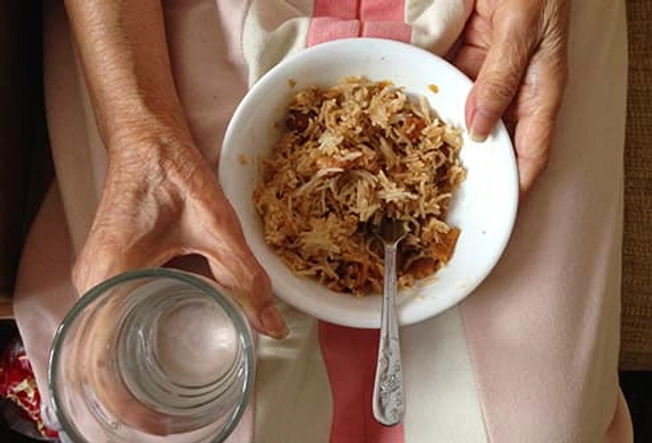
When Bland Is Best
With some conditions -- or their treatments -- you can't keep food down because you get nausea, vomiting, or diarrhea.
Try this:
- Stick to bland foods like crackers, toast, potatoes, noodles, and rice.
- Try eating very small meals, 6-8 a day.
- You may be able to tolerate foods that contain a lot of water, like frozen pops, Jell-O, and broth-based soups.
Once you've eaten, don't lay down, because that can make your nausea worse. Sit up as you allow your food to digest.
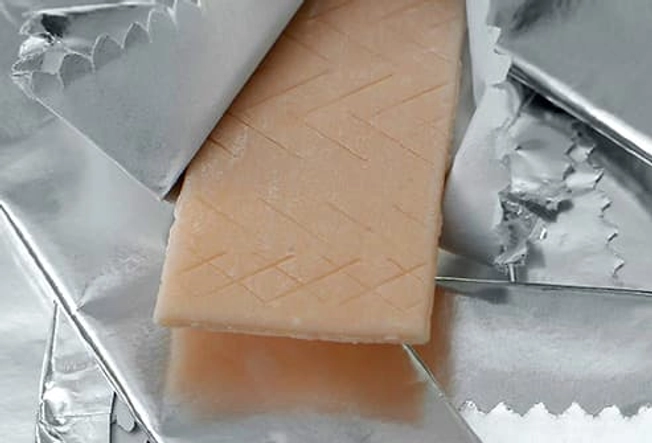
Chew Some Gum
Some medications make your mouth dry. That can cause problems when you chew or swallow. Chemotherapy, nerve damage, and some diseases can also cause dry mouth.
What to try:
- Sugarless gum and hard candies can help you make saliva.
- Sip water or sugar-free, alcohol-free drinks.
- Avoid caffeine, tobacco, and alcohol, which can make your mouth even more dry.
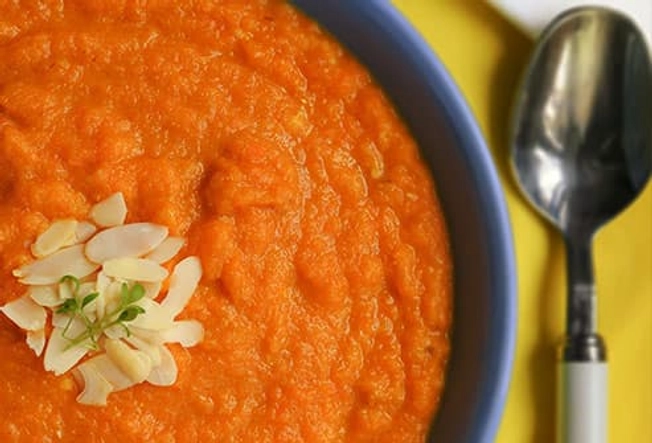
Soften Up
Does your mouth or jaw hurt, or do you have problems with your teeth or dentures?
Try this:
- Meat is especially hard to chew, so serve ground or shredded dishes rather than cuts of steak or pieces of poultry.
- Make soup with soft or pureed vegetables, canned fruit like peaches, baked apples or applesauce, and mashed bananas.
- Make an appointment with your dentist to see if you need to get your dentures refitted.
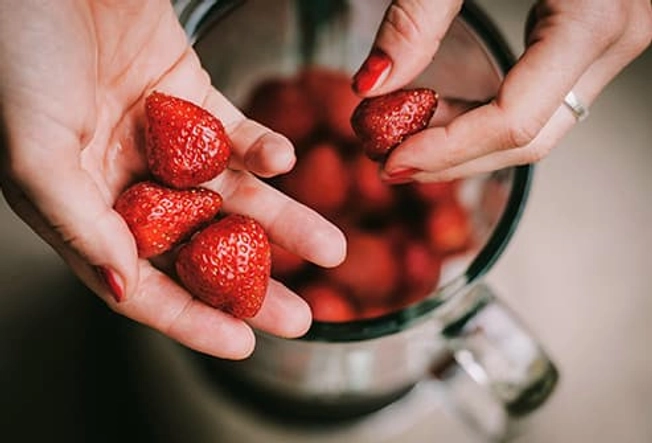
Go Coconuts
Smoothies and milkshakes work well if you have trouble chewing or swallowing. Pudding, custard, sorbet, and frozen yogurt are other options.
To add more calories, swirl in a few tablespoons of coconut milk to shakes and smoothies. If you’ve lost too much weight and need to eat more often, these drinks make good snacks.
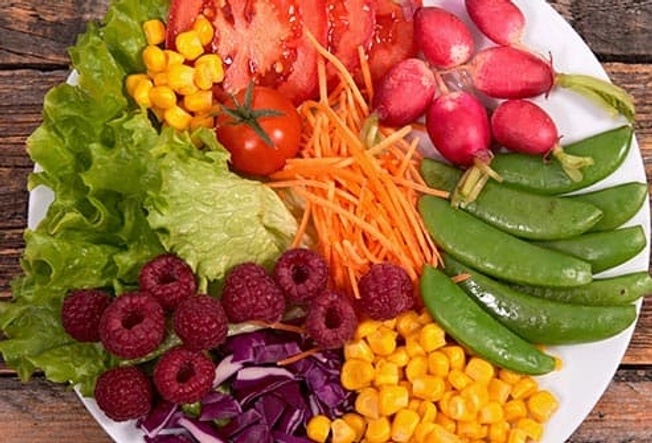
Get Colorful
You can lose your sense of taste as a result of medication, radiation therapy, a head injury, an upper respiratory or middle ear infection, dental problems, or surgery on your ear, nose, or throat.
Try this: Make your food look great. Feature foods with a variety of colors and textures. Take dishes like casseroles, which combine a lot of flavors, off the menu, though.
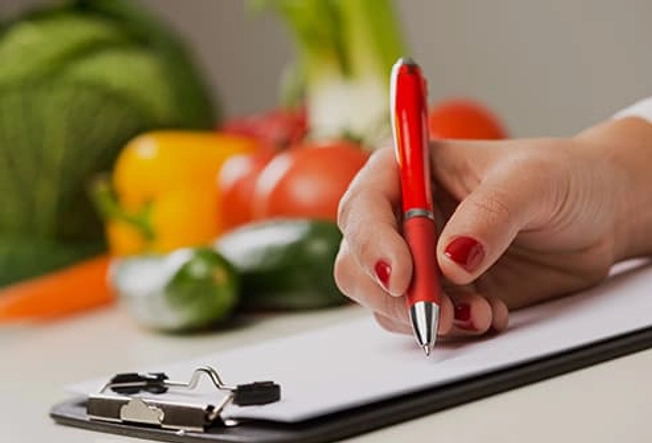
Ask for Help
Emotions can also play a role. With depression, some people lose interest in eating. And anxiety can upset your stomach.
Try this:
- For a week, write down what you eat and drink. Also note your mood.
- Tell your doctor or a counselor how you feel so you can start treatment.
Nutrition may help you recover. For example, some research shows that folic acid supplements can help antidepressant medications work better.
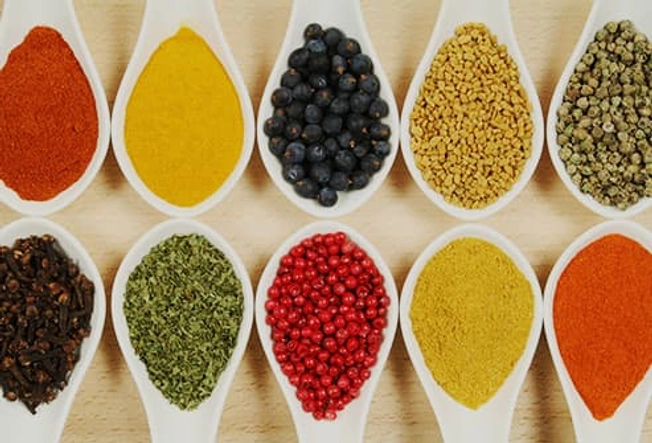
Add Some Spice
If your sense of taste is off due to a condition, food is just not appetizing. You might lose interest or be tempted to put more salt or sugar in a dish.
Try this:
- Use herbs and spices to add flavor without a lot of fat, sugar, or salt.
- Top bland vegetables with a little cheese, soy sauce, or some toasted nuts.
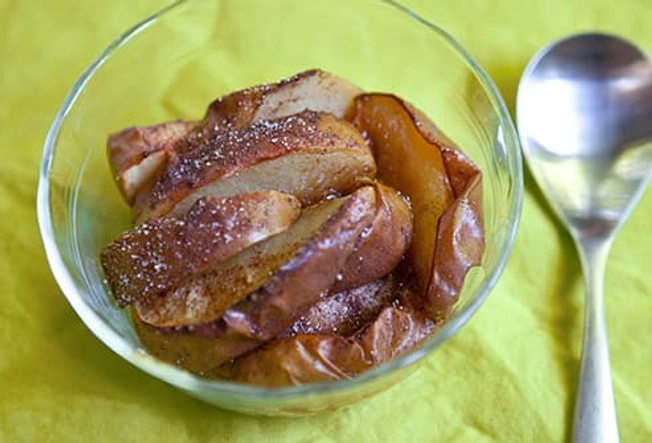
Think Itty-Bitty Bites
This is one of the simplest solutions to try when it's hard to swallow or chew food.
Try this:
- Cut your food into small pieces so there's less to chew.
- Don't eat anything hard, crunchy, spicy, sour, or too salty. Any of these foods could hurt your mouth.
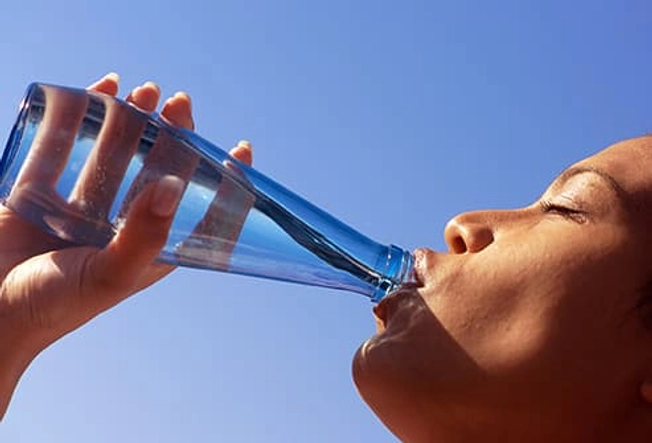
Pour Yourself Another (No-Alcohol) Drink
Your stomach might be upset due to illness, a cancer treatment, or morning sickness. Maybe it's a reaction to your medication or even emotional distress.
Both vomiting and diarrhea can cause dehydration, which you want to avoid.
Try this:
Focus on clear liquids, like water, and drink 8-10 glasses a day. You might also try sports drinks, which can help replace nutrients, as well as fruit juice and ginger ale.
